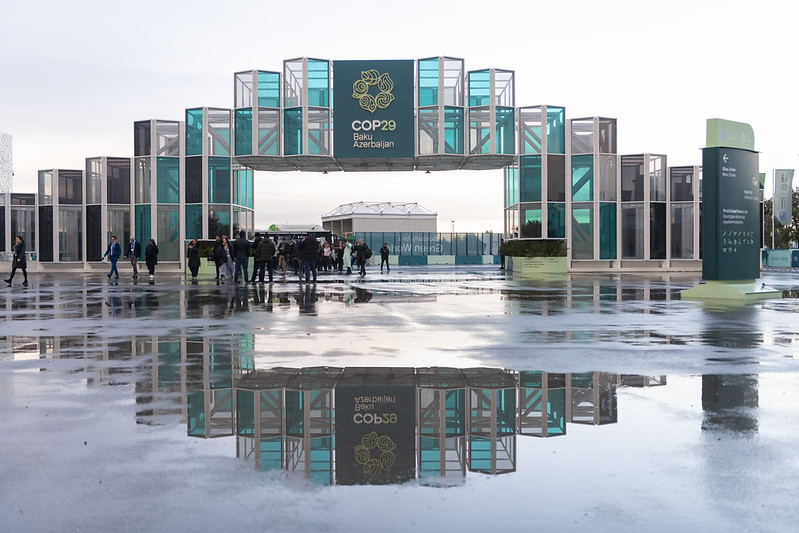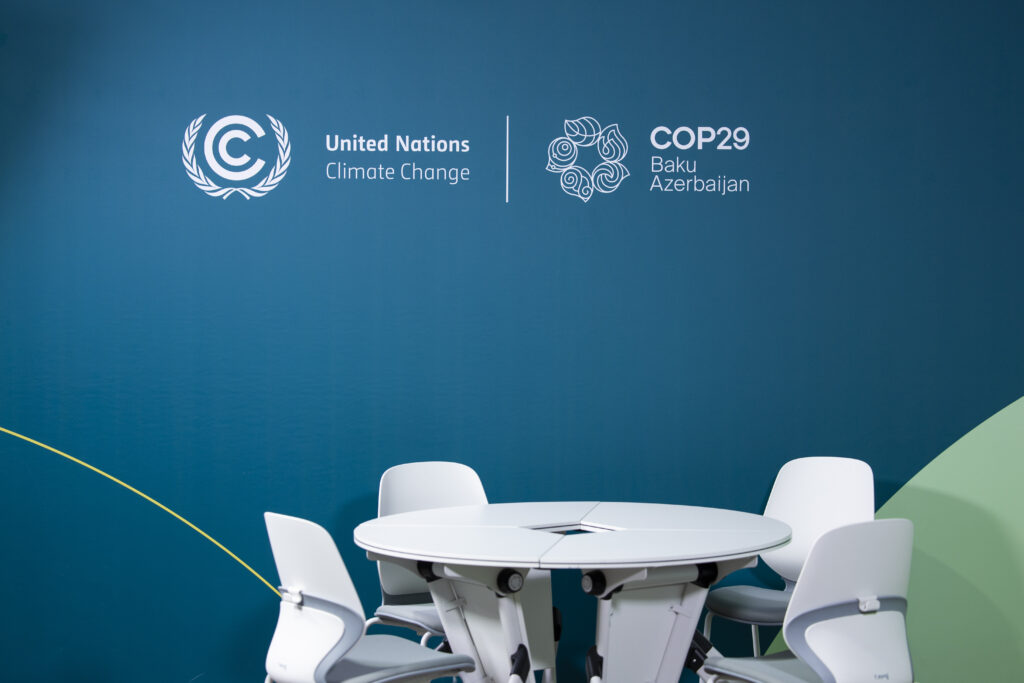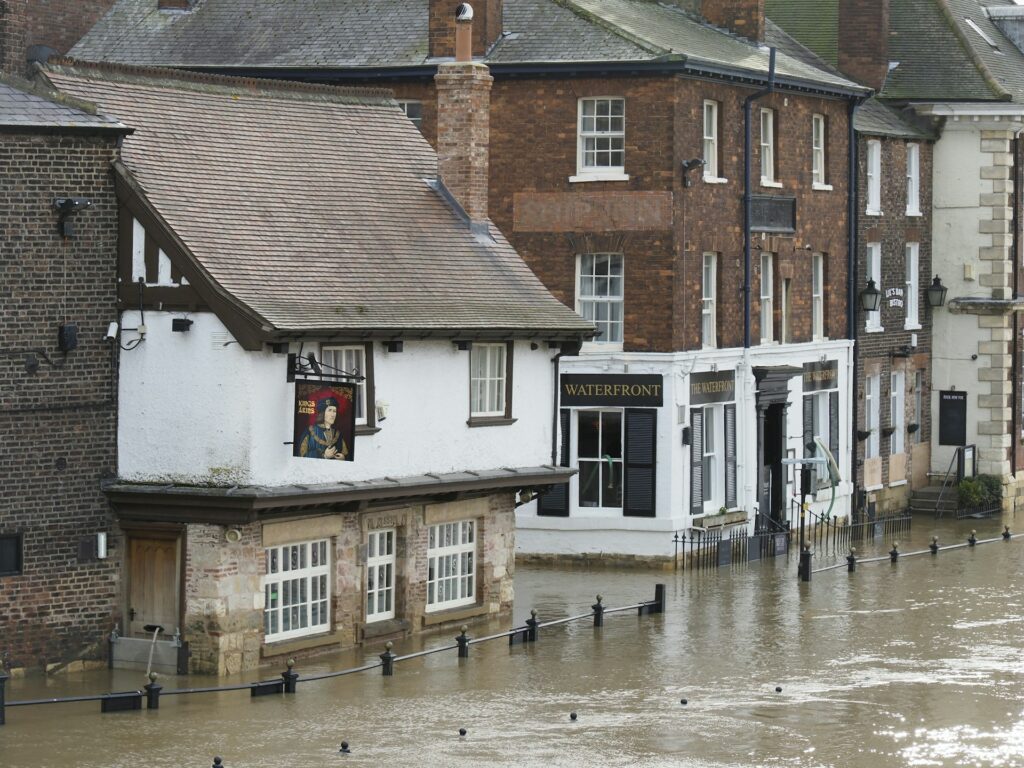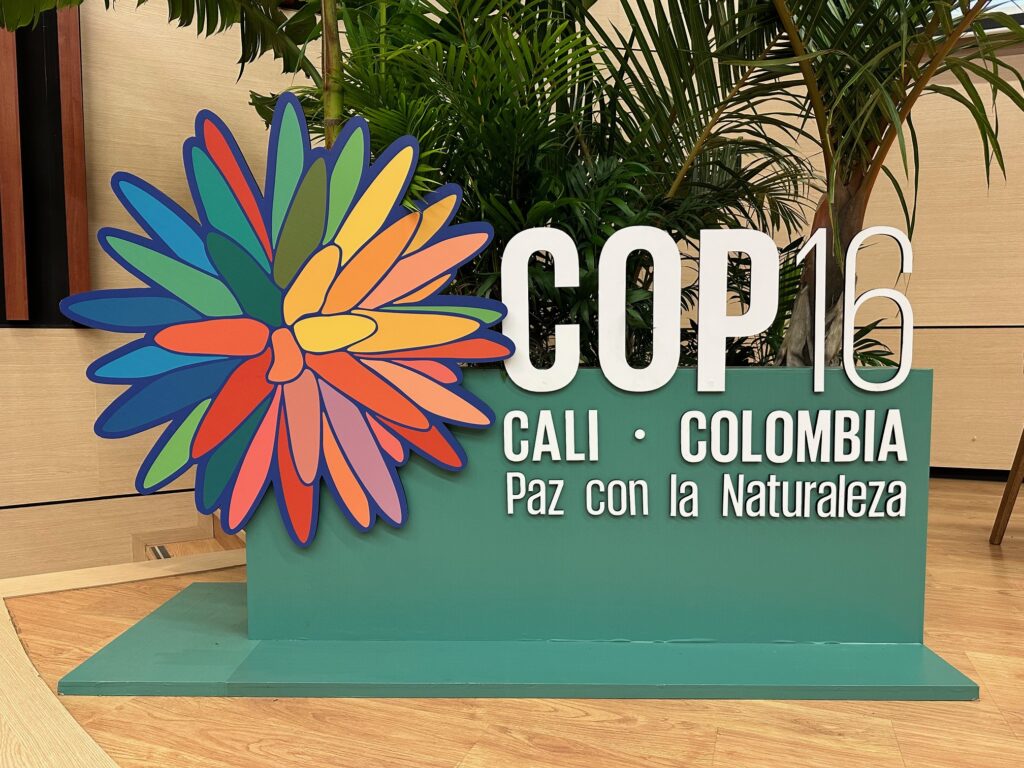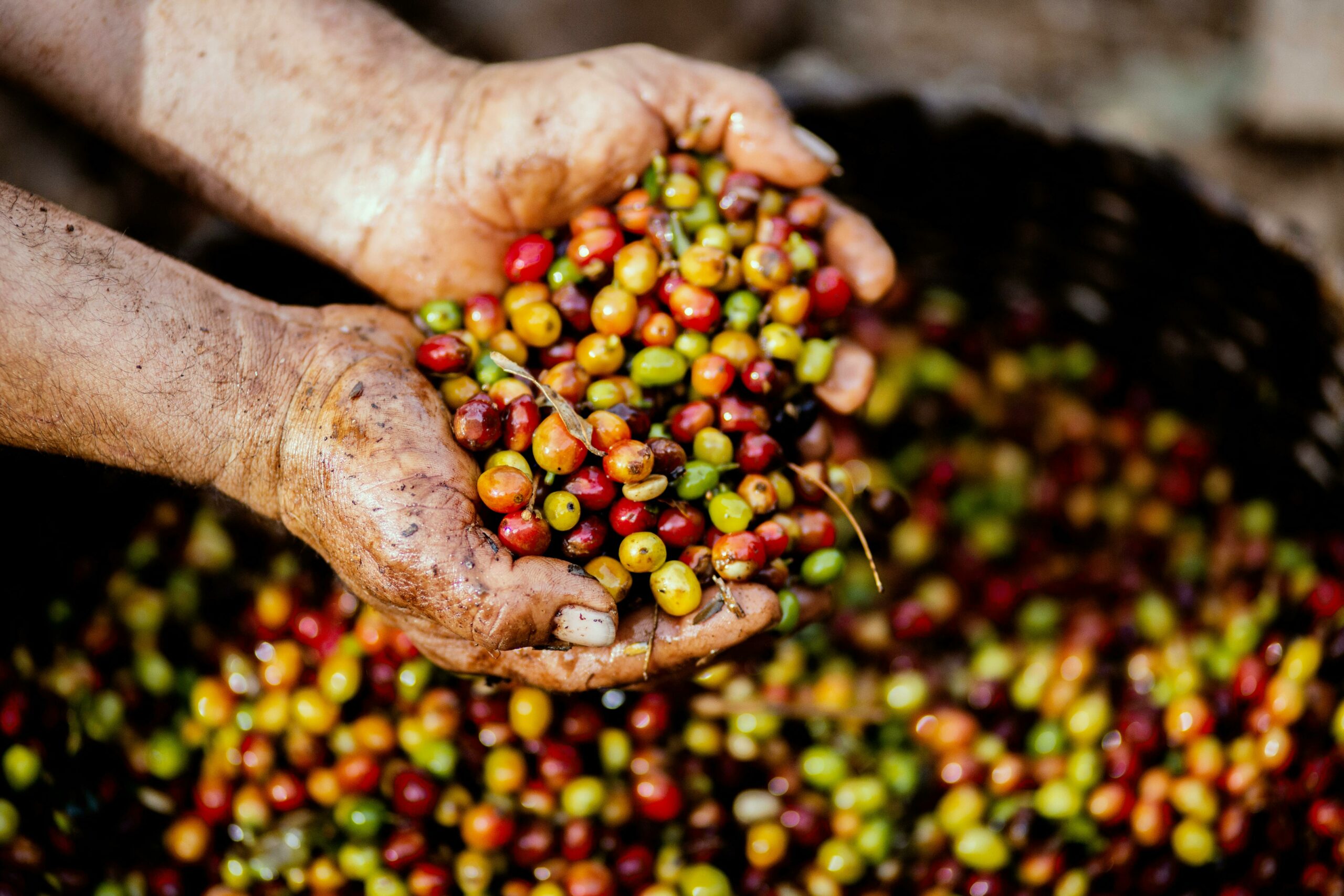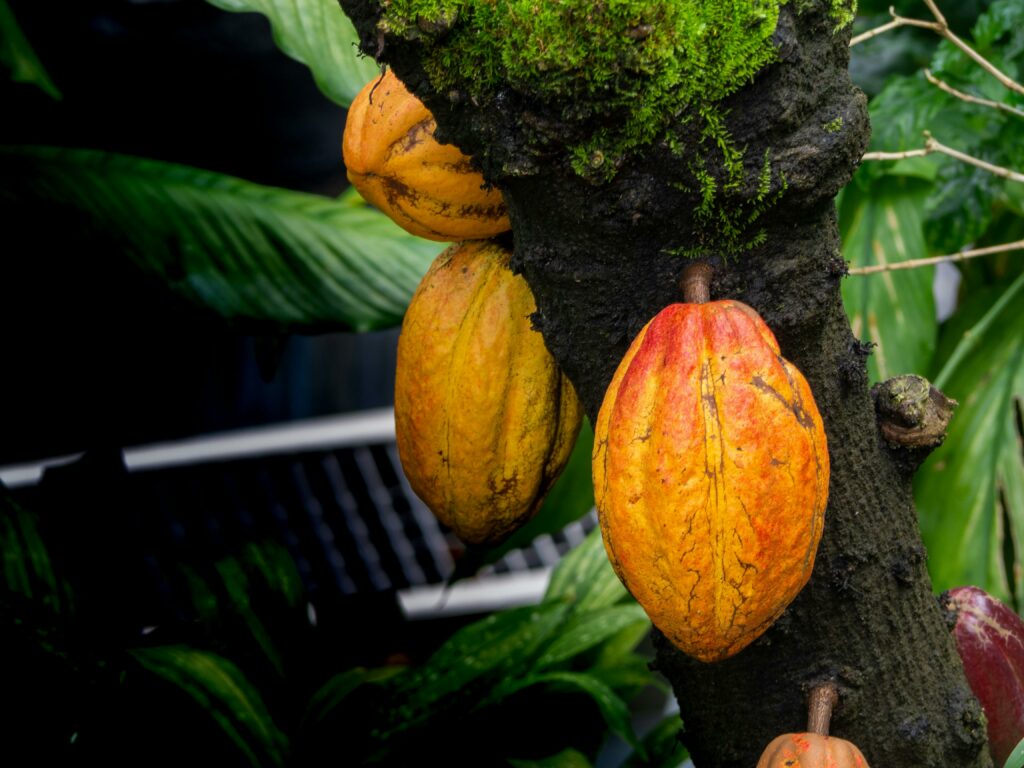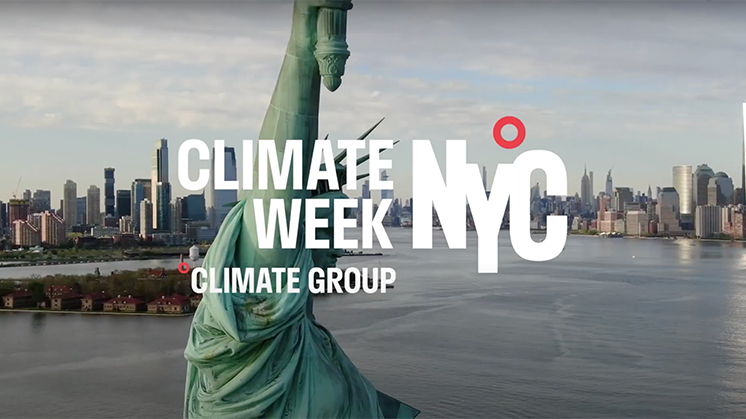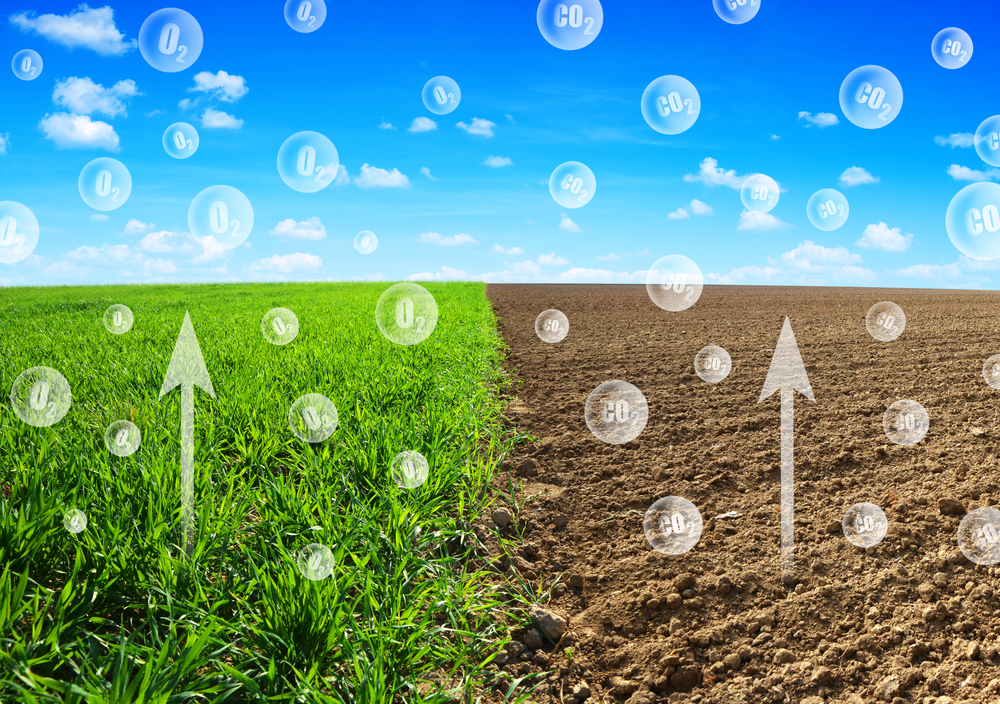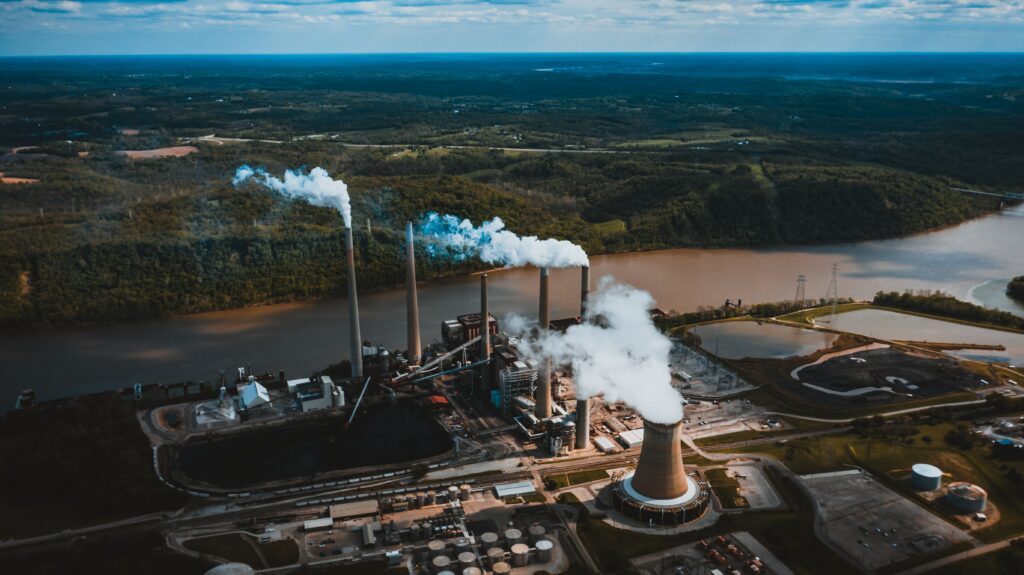Discover how Ksapa resolves human-wildlife conflicts through stakeholder engagement, community inclusion, and landscape management.
Category Archives: Deforestation
Analysis of COP29’s carbon market breakthroughs, and energy transition talks as nations prepare for COP30’s critical decisions
Analysis of systemic challenges in climate finance, exploring accountability gaps and proposing beneficiary-centered reform solutions
Flooding reveals urban planning flaws as climate change forces cities to reimagine their landscape relationship.
The question of biodiversity credits inspired by carbon credits was discussed again at COP 16. With similar controversies. Review and lessons learned.
Coffee is more than just a beverage; with over 2.25 billion cups of coffee consumed daily, it is one of the most widely consumed drinks in the world and one of the most traded agricultural commodities. The largest coffee-producing nations—Brazil, Vietnam, and Colombia—are responsible for 63% of the global supply, while major consumers such as the European Union and the United States dominate the market.
Cocoa is the main component of a vast industry with far-reaching repercussions on a global scale. While many of us love chocolate for its taste, cocoa has a less sweet side that poses serious problems. The cultivation and production processes are linked to complex challenges covering social, environmental and economic dimensions. Challenges, analysis and new solutions.
Climate Week NYC and UN Climate Action Summit brought leaders together to accelerate progress toward sustainability and climate action
Maximizing carbon sequestration through agricultural practices is crucial for meeting climate goals and protecting natural ecosystems
Ksapa is leading a working group of 12 international investment funds and investment companies to strengthen their consideration of human rights issues. Learn how investment funds apply Principal Adverse Impacts and DNSH principles to enhance sustainable finance practices.
- 1
- 2


